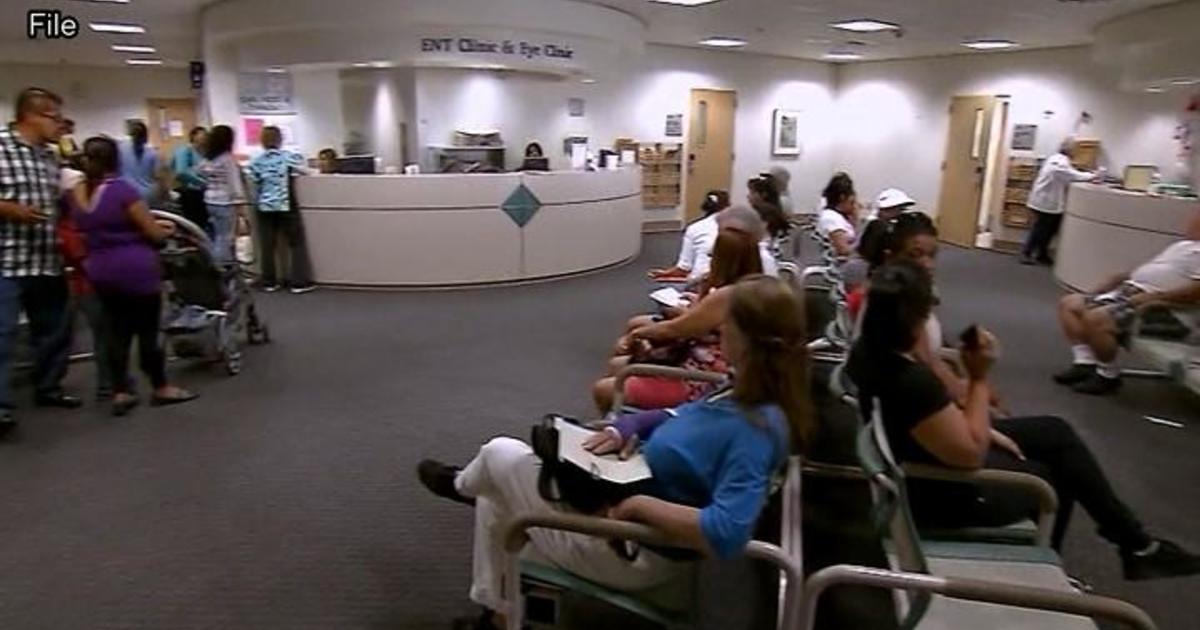Acidification Of Chesapeake Bay Could Threaten Oyster Recovery Efforts
BALTIMORE (WJZ) -- Greenhouse gas doesn't just stay in the air. A lot of it ends up in oceans, raising acid levels in the water.
Alex DeMetrick reports, it's now doing the same thing in the Chesapeake Bay.
Oyster season is underway in the Chesapeake, and the past few years the harvest has been improving.
But aboard this University of Delaware research boat, the catch is water, and it's turning up increasing amounts of carbonic acid.
It's being found in water 30 to 50 feet deep bay-wide, where it's 10 times more acidic than it was a decade ago.
"As carbon dioxide from the atmosphere dissolves in water, it lowers the pH, or raises the acid level, carbonic acid in particular, in the bay," says Doug Myers, of the Chesapeake Bay Foundation.
In the oceans increased acidity has been killing off the tiny animals that make coral reefs.
"It can be stressful for a lot of organisms," says Myers.
In the bay, increased acid levels would be hardest on clams and oysters. Especially oyster larvae.
"You could lose a whole crop of oysters as they're going through that transition," according to Myers.
That could mean a setback for oyster recovery efforts, where spat on old shells are used to build up oyster reefs.
Acid levels aren't high enough yet to cause an impact, and it's the last thing an industry working to recover needs.
Acidity levels in the bay are also a byproduct of algae blooms and dead zones, destroying oxygen and changing the water's chemistry.
Follow @CBSBaltimore on Twitter and like WJZ-TV | CBS Baltimore on Facebook



